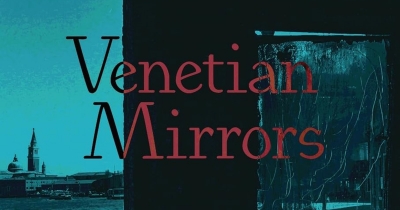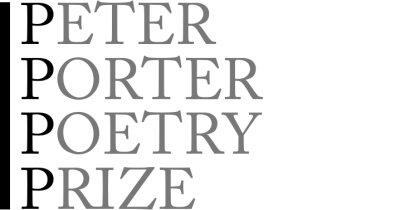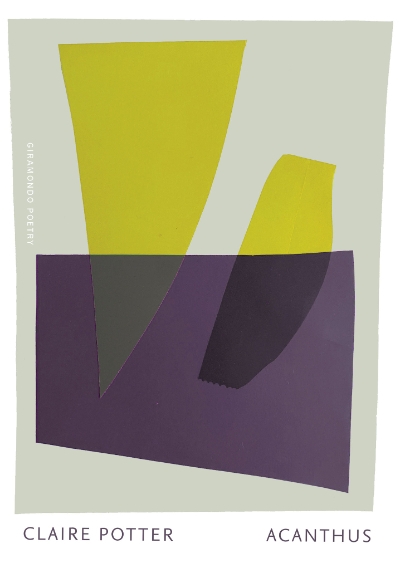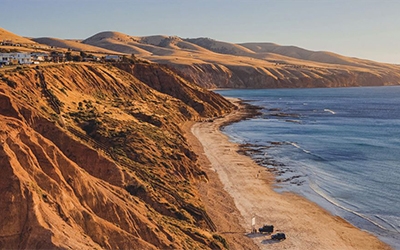Sarah Day
Sign up to From the Archive and receive a new review to your inbox every Monday. Always free to read.
Recent:
Read the five shortlisted poems for ABR’s 2025 Peter Porter Poetry Prize.
... (read more)At high tide there’s a breakaway from pounding surf.
Some of the ocean has tired of the incessant battering
and steals over the beach away from the refractory swell.
Mud is loath to relinquish anything –
even in the name of science –
it will do so with a belch of methane
and black cloud in water.
The instruments are called ‘loggers’
In 1990, composer and artistic director Konstantin Koukias and production director Werner Ihlenfeld founded IHOS Opera in Tasmania. Audiences were excited and astonished by the scale and ambition of the director’s vision when they attended his earlier, spectacular productions such as Days and Nights of Christ, To Traverse Water, and Tesla. ... (read more)
There’s no getting away from things. / There is driving, then walking miles / along a quiet coast on a rising tide – / with the back-of-the-mind consciousness / that in an hour or so the sea ...
... (read more)








